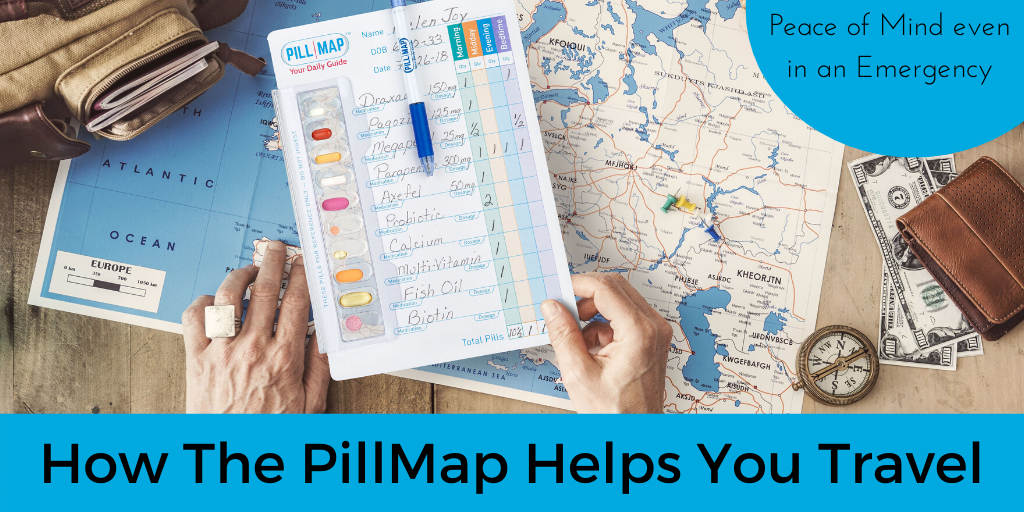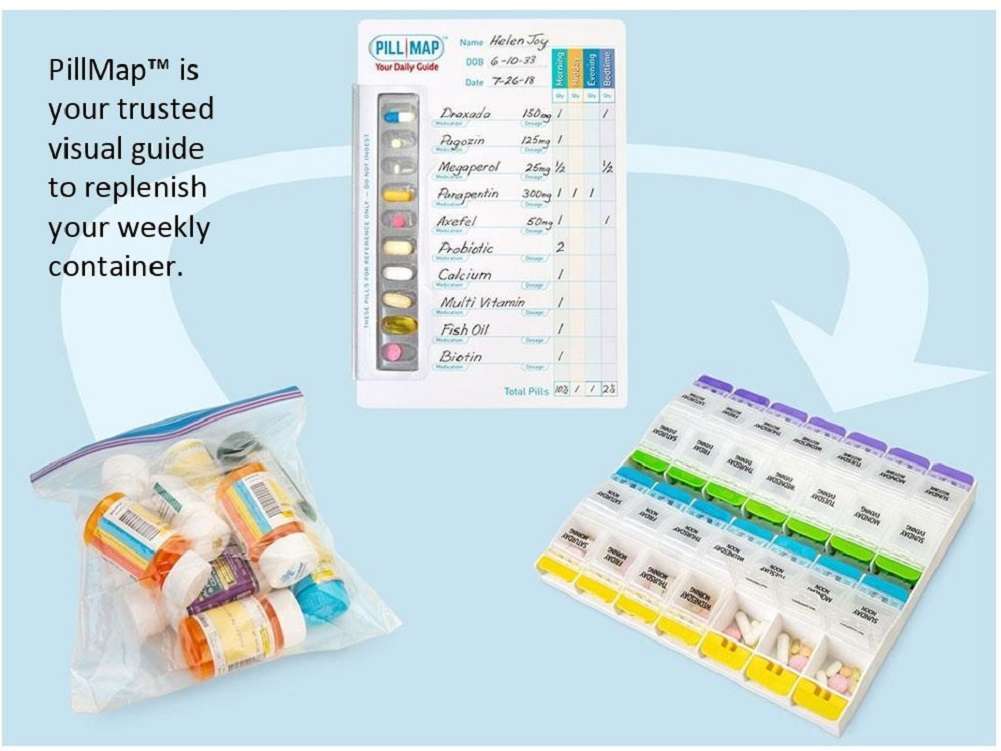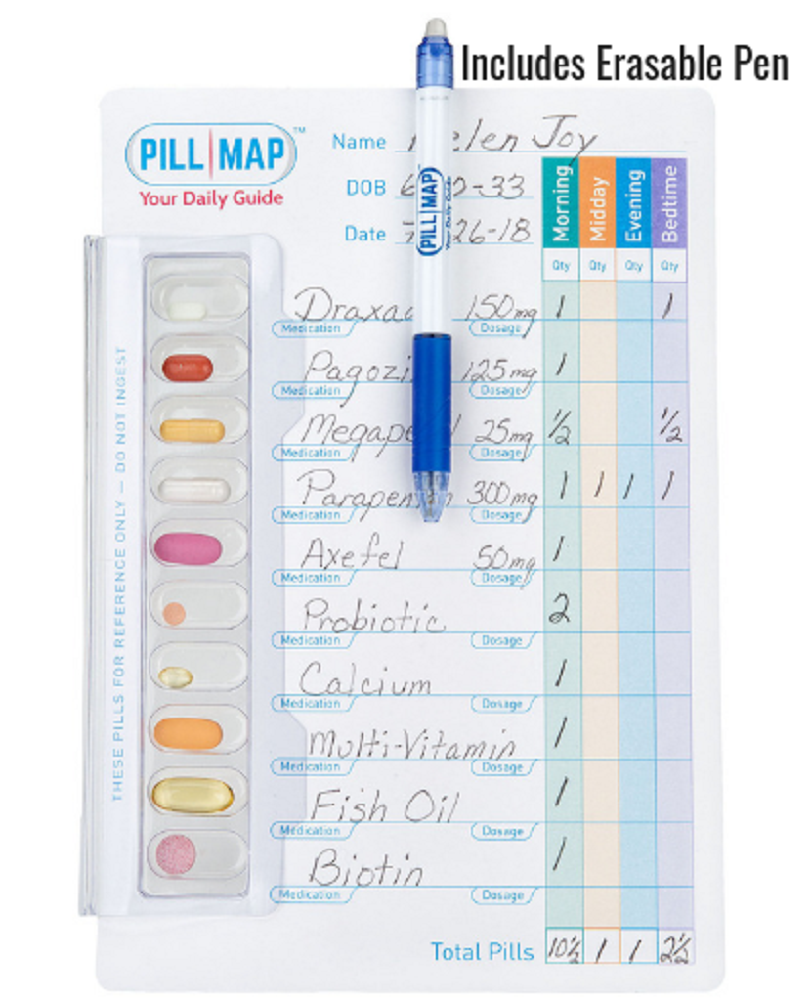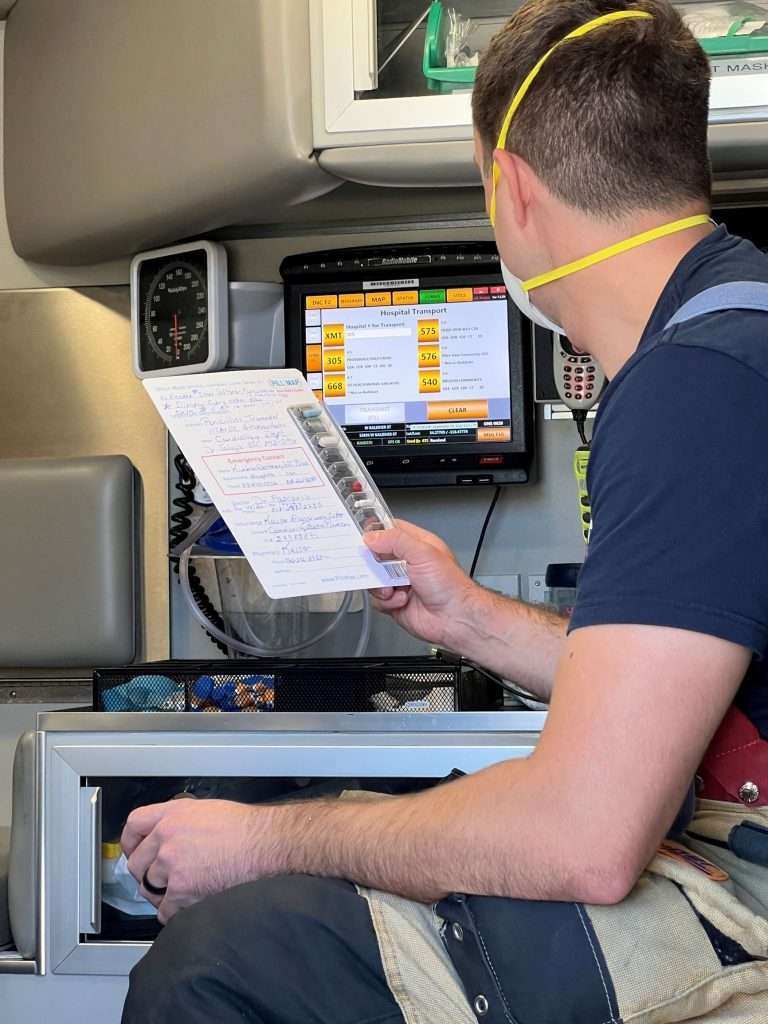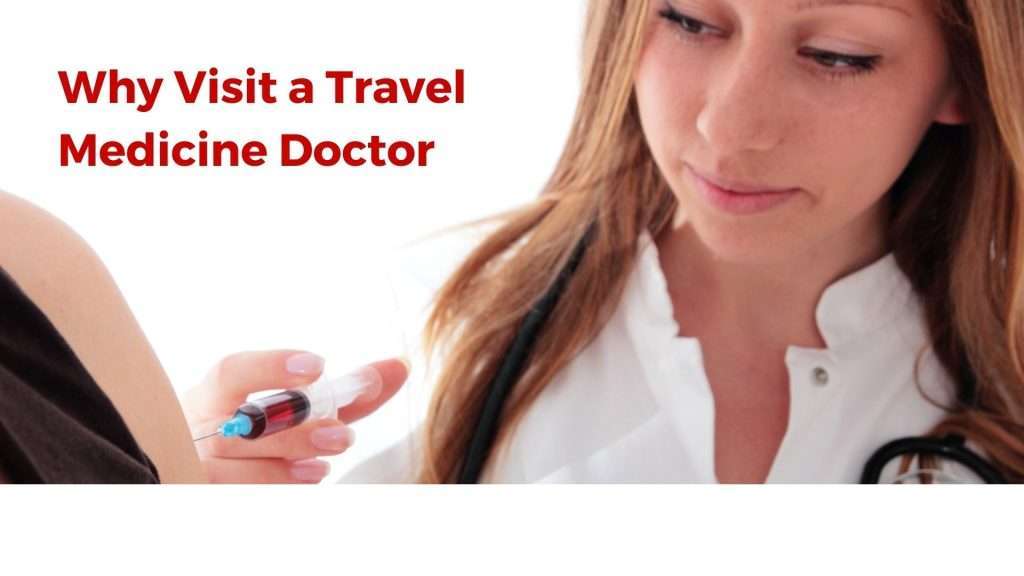What is the difference between a travel medicine physician and a general practitioner?
While your regular doctor may have knowledge about what diseases you may encounter when you travel, healthcare professionals at travel clinics are specifically educated on the many various health problems you may encounter around the world. Travel clinics specialize in vaccinations for Meningitis, Polio, Typhoid, and Yellow Fever to name only a few plus medications for diarrhea, malaria, tuberculosis and more. The decision to vaccinate in some cases needs to be weighed versus the risks of the vaccination. That is where the value of a travel medicine doctor comes into play.
If you’re visiting somewhere tropical, subtropical or if you have any chronic health condition such as diabetes or kidney disease, a trip to a travel clinic could provide life-saving recommendations that your general practitioner may not be aware of. Beyond medical concerns, the clinic may also counsel on precautions regarding food, beverages, insect bites, and even pickpockets. They can also clarify which over the counter medicines to pack are best according to your destination. Of course, all this good advice depends on the doctor and clinic you visit. Lastly, depending on your health insurance a trip to a travel medicine doctor is often covered.
To underscore the issue regarding the decision to vaccinate, here’s an enlightening article by Julian Klapowitz, MD, illustrating how and why a doctor skilled in travel medicine could be a good healthcare partner to seek out when it comes to understanding recommended vs. required vaccinations.
_______________________________________________
Should Overseas Travelers Get a Yellow Fever Vaccination?
The Benefit vs. The Risk
Julian Klapowitz, MD
Internal Medicine and Travel Medicine
Professor Martin Gore, a leading UK cancer scientist, died on January 10th, reportedly as a result of a Yellow Fever vaccination he had received.
Unfortunately, all vaccinations may have life-threatening side effects. Severe allergic reactions/death can rarely occur after all shots. In our NYC travel vaccination clinic, we review these risks verbally and with VIS’s.
The issue with the Yellow Fever vaccine, in particular, is that:
- A) It can also cause severe neurologic and multi-organ side-effects (in addition to allergic reactions).
- B) The actual risk of getting yellow fever disease during travel is not always easy to determine and is sometimes not much higher than the risk of the vaccination.
The Disease: Yellow Fever is a potentially life-threatening mosquito-borne viral illness. An estimated 15% of people infected with Yellow Fever will develop severe illness and up to about half of those people die of complications. The vaccination is nearly 100% effective at protecting against the disease.
The Risk of Getting the Disease: Generally, in West Africa, 50 per 100,000 travelers having a 2-week stay will develop severe illness and, for South America, it is 5 per 100,000. (Centers for Disease Control and Prevention, 2018). The risk varies significantly, though, with the specific location, length of trip, activities during the trip, and whether or not there is an outbreak of the disease.
The Risk of the Shot: The risk of the severe/life-threatening side effects from the vaccine is approximately 1.1 per 100,000 people vaccinated for age under 60 and 3.4 per 100,000 in ≥60 (Centers For Disease Control and Prevention, 2018).
So, if the risk of the disease is very low (for instance, traveling to a country in S. America for a few days where Yellow Fever is present at low levels), the risk of the vaccine is close to the risk of getting the disease, particularly if a traveler is older.
Other factors that need to be taken under consideration: a traveler’s health, what medications they take (immune suppressants), and whether or not the Yellow Fever vaccination is REQUIRED for the trip (as opposed to RECOMMENDED…I will address this subject in a later post).
Bottom line: The Yellow Fever shot and all other vaccinations carry risk. Thoroughly reviewing what is needed on your trip with a Travel Health Care Professional will not eliminate that risk, but it will help ensure you are getting only the shots you need. As with Yellow Fever, in particular, the decision to vaccinate for travel is not as simple as it may sometimes seem.
Doctor Klapowitz has more interesting and important information you can find here:
More Articles You May Like




